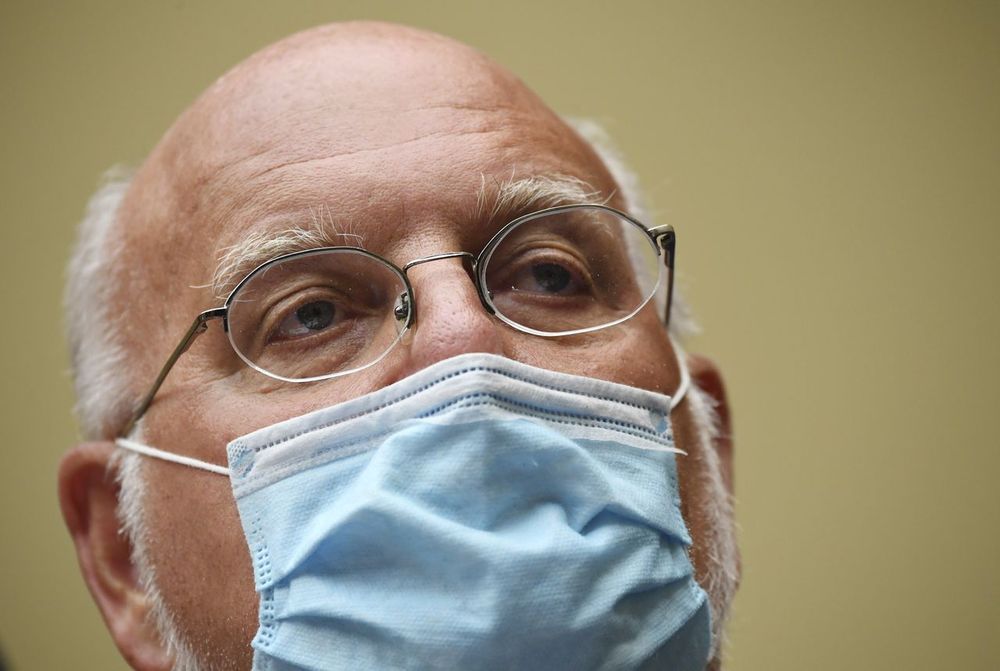Karen Potter, Director of Sustainability Hub and ideaXme sustainability ambassador interviews Christoph Promberger, M.Sc., Executive Director Foundation Conservation Carpathia (FCC). https://www.carpathia.org
Karen Potter comments:
In 2009, the Foundation Conservation Carpathia was founded by a dozen international philanthropists and conservationists with the goal to stop illegal logging and to protect a significant surface of Carpathian forests to form a completely protected area.
The FCC was founded in response to the restitution of formerly nationalised forests to private citizens in Romania. This process triggered massive clear-cuts and thousands of hectares of forests were illegally logged, posing a severe threat to the integrity of the Carpathian ecosystem.
Wilderness is disappearing globally at an alarming rate, less than 2% of Europe’s surface is still in its original state and the Carpathian Mountains form some of the largest contiguous forests on the continent with the highest percentage of still virgin woodlands; they contain an extraordinarily high number of species.
Karen is a passionate environment and sustainability campaigner leading Government and Parliamentary efforts to promote Net Zero policy solutions as well as lead on COP26, business, community and civic action. She is a project development specialist with extensive experience in designing and delivering new initiatives to promote sustainability, social responsibility, smart energy, the Green Recovery and clean tech investment. She is highly experienced in government, NGO and public sector communications, building and managing senior stakeholder relations and media engagement.







